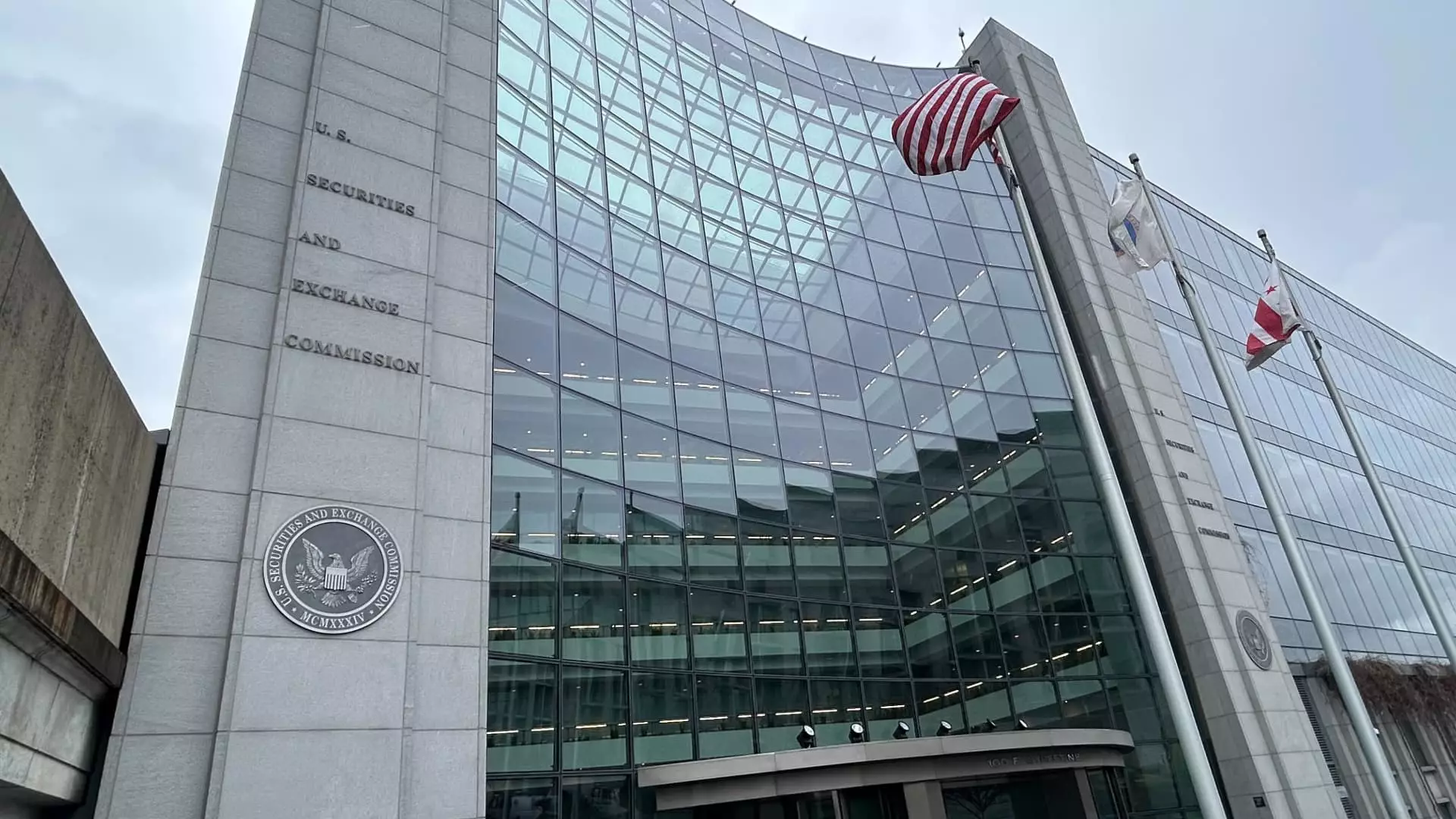The U.S. Securities and Exchange Commission (SEC), tasked with guarding the sanctity of financial markets, is witnessing an alarming wave of attrition amid the political upheaval instigated by President Donald Trump and tech mogul Elon Musk. Reports indicate that over 600 SEC employees, equating to more than 12% of its workforce, have opted for voluntary resignation packages as a direct response to aggressive federal downsizing initiatives. This exodus raises dire questions about the agency’s ability to fulfill its core mission: to protect investors and ensure market integrity.
A Crisis of Oversight
The mass departure of seasoned professionals from the SEC, particularly noted in the Division of Enforcement and the Office of General Counsel, cannot be overstated. These are the very individuals tasked with investigating malfeasance and prosecuting wrongdoing in a financial landscape that grows increasingly complex and rife with fraud. When critical positions are vacated, the remaining staff is left to shoulder additional burdens; the potential for oversight gaps increases, which could embolden fraudsters and erode public trust in stock markets.
The Political Climate: A Grim Undercurrent
The motivations driving these resignations appear rooted in a broader agenda to reshape government bureaucracy as inefficient. Trump’s administration has long touted the need for a leaner federal workforce, yet this latest chapter signals something more insidious – a systematic weakening of regulatory bodies designed to protect citizens from corporate excess and greed. By slashing staff at the SEC, the administration effectively prioritizes a transient ideology over the steadfast stability that a strong regulatory framework provides.
Separately, Elon Musk’s influence in government reshaping raises eyebrows. His penchant for disruption, whether in business or policy, suggests that a hands-off approach to regulation aligns with his interests. If the SEC’s oversight is diluted, it arguably serves to fuel unchecked corporate ambitions, often at the expense of the average investor’s security.
Uncertain Future for the SEC
The implications of this staff exodus stretch far beyond immediate resignations. With SEC Acting Chairman Mark Uyeda at the helm, there is a troubling prospect that the Commission’s direction will continue to pivot towards less oversight rather than more. Rather than nurturing an environment conducive to regulatory robustness, the agency will likely struggle amidst ongoing realignments, potential office closures, and a crisis of purpose. How can we expect the SEC to fulfill its role in maintaining market integrity when its ranks are thinned, and its priorities are uncertain?
Further complicating matters is the timing. The deadline for employees to resign exacerbates conditions like uncertainty and anxiety among remaining staff. Will those left behind feel secure enough to take on the heavy lifting the agency requires, or will they remain haunted by the specter of further downsizing? This climate of fear and instability threatens to undermine the SEC’s mission in both the short and long term.
The Ripple Effect on Investors and Markets
In a landscape already fragile due to various systemic pressures, the SEC finds itself in an increasingly precarious position. Investors are rightfully concerned about whether their interests will continue to be prioritized. The mass exodus leaves not only an operational vacuum but also a potentially weakened protective layer for the very individuals who rely on the integrity of financial markets. As regulatory capacity declines, the risk of misconduct rises, creating an environment that potentially rewards bad actors at the expense of honest investors.
In the fight for regulatory oversight, the fallout from this mass resignation paints a sobering picture. The future of the SEC hangs in the balance, and with it, the stability of the market that countless investors depend upon.


Leave a Reply